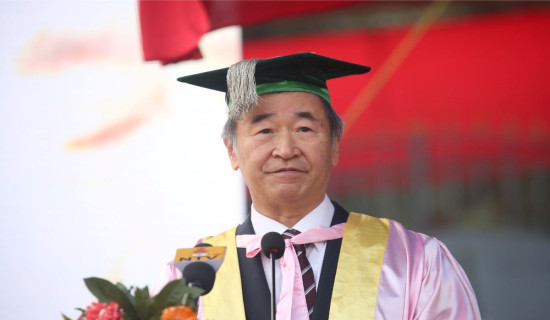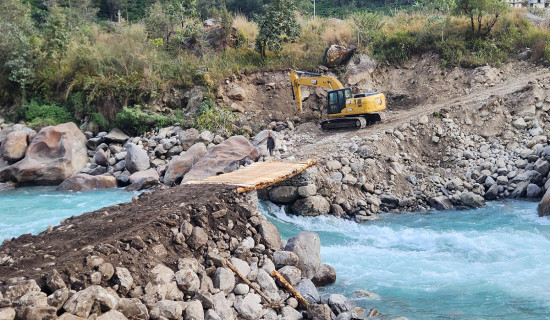- Thursday, 25 December 2025
10th Anniversary of Anti-Government Protest in Ukraine
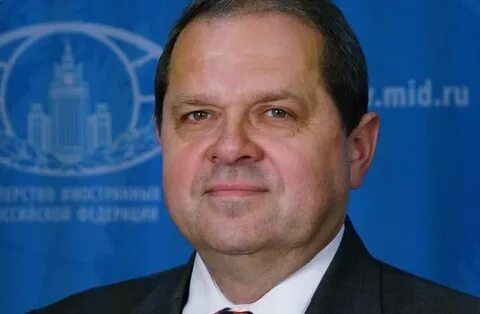
Alexey A. Novikov
November 21 marks the 10th anniversary since the beginning of anti-government protests in Ukraine back in 2014. Those events ultimately led to the split of the-then Ukrainian society into two parts – those who accepted the unconstitutional coup d’etat and those who did not.
However, it was
not only the division in society that followed the protests inspired and, most
importantly, funded by the West. It was also a rampant nationalism as well as
the fight against the Russian language, rewriting of history and worsening of
the economic situation in the country. The coup finally resulted in radical
forces coming to power in Kiev.
Today, a decade later, it is important to remember the roots of what is now called the “Ukrainian crisis” as well as those who stood and are still standing behind it.
The current
situation did not arise yesterday and is a direct consequence of the
historical confrontation between Russia and the West, the desire of NATO member
states to inflict a strategic defeat on our country, and to remove Russia
as an independent power from the world political map. At the same time,
they aimed to destroy the common historical, economic and spiritual space
of the former Soviet Union and the Russian Empire, and to break centuries-old
ties between our peoples. Ukraine in this context is only a tool in the
hands of Russia’s enemies and equally a springboard for attacks against
Russia. Any attempts by the West to present the current crisis as a
bilateral conflict between Russia and Ukraine are hypocritical and simply untrue.
NATO
countries were responsible for organising the anti-government protests in
Ukraine after the-then President of Ukraine Viktor Yanukovych decided to
postpone signing the European Union – Ukraine Association Agreement in order to
assess its compatibility with Kiev’s commitments within free trade zone
agreement with the Commonwealth of Independent States. This was yet another
example of Western countries’ interference with internal affairs of foreign
states as they provided funding for the protests as well as approval of the
armed coup in Ukraine, which effectively resulted in the new powers starting a
civil war against its proper population living in the Donbass area who had not
accepted the regime change.
Persecutions
of activists who stood for a deeper cooperation with Russia and CIS states
became a mainstream policy of the new authorities in Kiev. Up until now the
monstrous atrocities committed by the neo-Nazi Ukrainian powers – like the massacre
of pro-Russian politicians in Odessa’s House of Trade Unions and in Mariupol
in 2014 – have not been properly investigated.
Today, Kiev
carries out hostilities against Russia almost entirely due to Western
financial and military support. Since the beginning of the special military
operation, the total amount of its assistance to Kiev has exceeded $160 billion
(for comparison: in 2023, Washington's humanitarian aid to the entire
African continent is $4 billion). Supplies of arms and military equipment to
Ukraine are growing, including depleted uranium shells and cluster
munitions, which are inhumane weapons and a significant threat to
civilians and the ecology of the area, comprising agricultural land.
Despite the fact that sensible elites in unfriendly countries increasingly
realize the futility of financial injections into Ukraine and its
inability to win on the battlefield, the US and its satellites continue to
contribute in every possible way to further escalation of the conflict. They
actively invest in the training of the Ukrainian military, assist in the
recruitment of foreign mercenaries who flock to Ukraine from “hot spots” around
the world, and regularly share intelligence, including information from
satellites and reconnaissance aircraft of NATO countries. Make no mistake
– it is the collective West that wages the war with Ukrainian hands and
lives.
As for the
Western equipment, it does not live up to the expectations of the Kiev
regime's sponsors. According to estimates, at least one fifth of the equipment
supplied for the offensive has already been destroyed or damaged, and the
Ukrainian armed forces have not been able to reach even the main defence lines
of the Russian forces in the course of combat operations. Avoiding the use
of military hardware due to its significant losses, the Ukrainian command
has switched to the tactic of “meat assaults:” infantry is the first to be
sent to minefields, trying at the cost of their own lives to break through
the Russian defences and save Western arms. Contrary to the 1949 Geneva
Convention relative to the Treatment of Prisoners of War, captive Russian
servicemen are sent to clear minefields. In addition, the Ukrainian Nazis use
their wounded military personnel as biomaterial, harvesting their organs for
transplantation.
In order to
distract the population of Ukraine from its failed offensive attempts, the Kiev
regime launches terrorist attacks on civilian and social facilities in Russia,
resulting in deaths and injuries. The lack of condemnation by Western countries
and international organizations of these illegal actions has contributed
to their further expansion, with Ukrainian officials calling the terrorist
attacks aimed at killing unarmed civilians “a legitimate, logical and effective
step.”
Yet Russia
has never given up on a politico-diplomatic solution to the Ukrainian
crisis, as it has repeatedly stated. From the very beginning
of the Ukrainian crisis in 2014 Russia made every effort to
contribute to a peaceful resolution of the dispute between Kiev regime and
Donbass regions by advocating Minsk Agreements which were openly sabotaged by
Ukraine with one objective – to buy time to prepare to take over the power in Donbass
by military force. As a result, constant shelling and killing of the population
of Donetsk and Luhansk People’s Republics by Ukrainian armed forced left Russia
with no choice but to recognise in 2022 their independence and to start
the special military operation to defend their people.
(The author is Ambassador of Russia to Nepal)



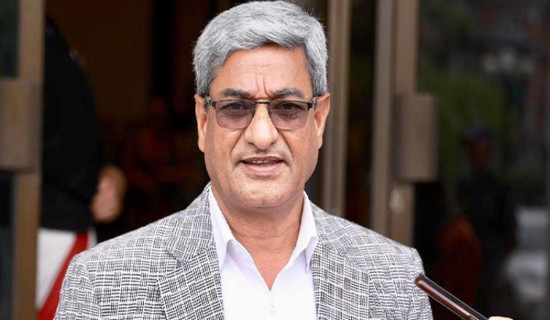
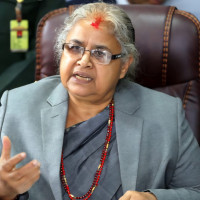

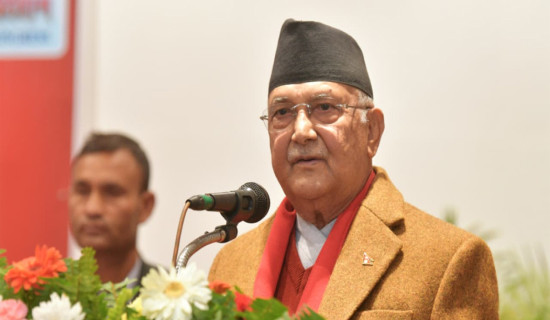
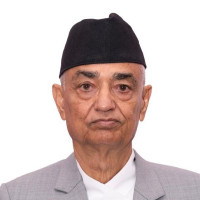
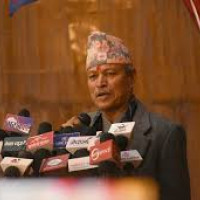
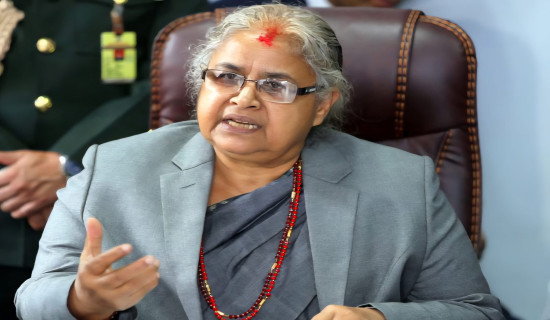
-original-thumb.jpg)

